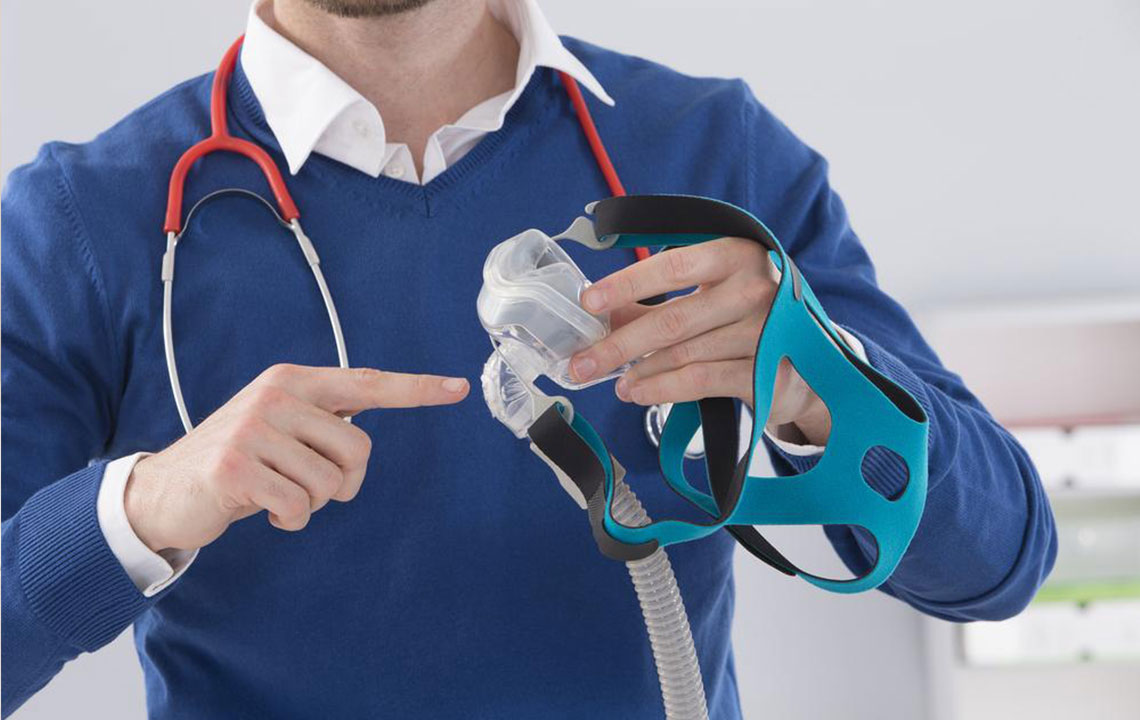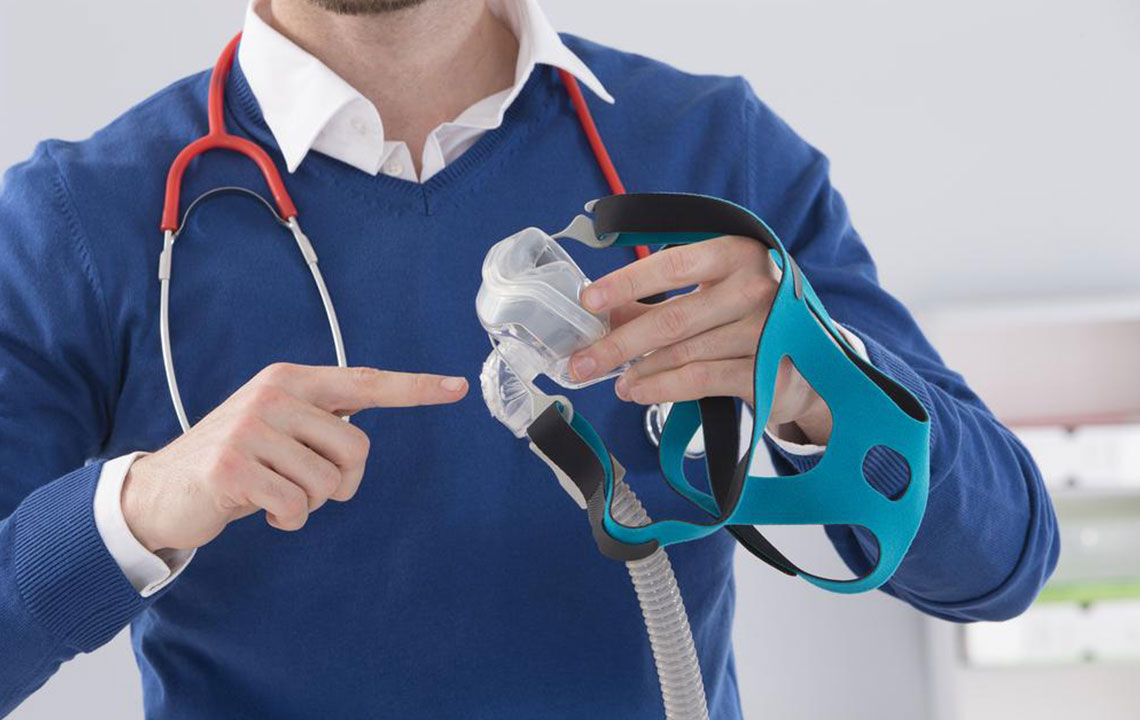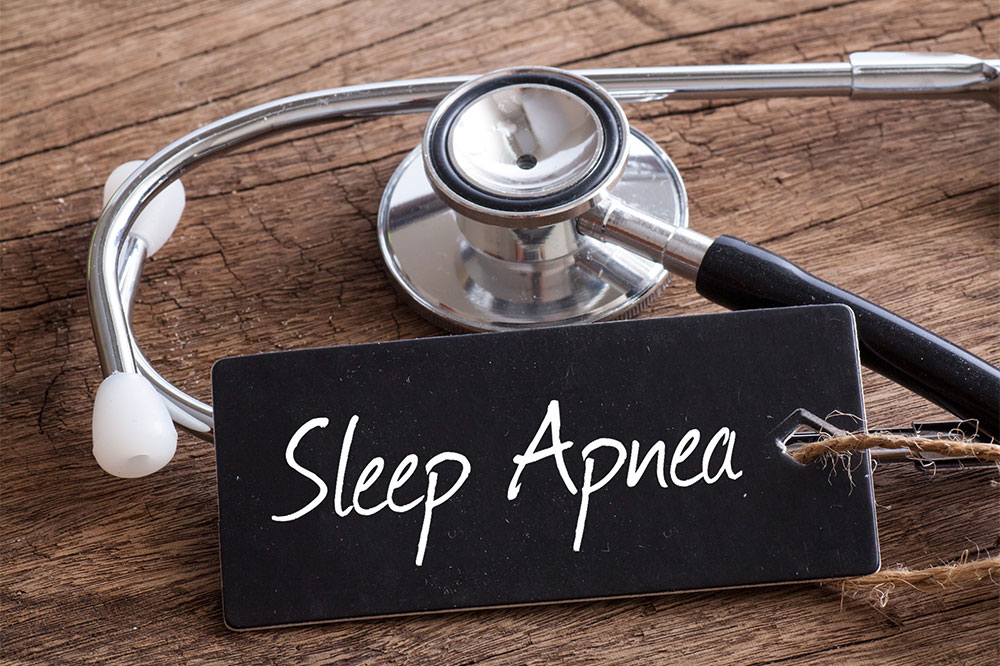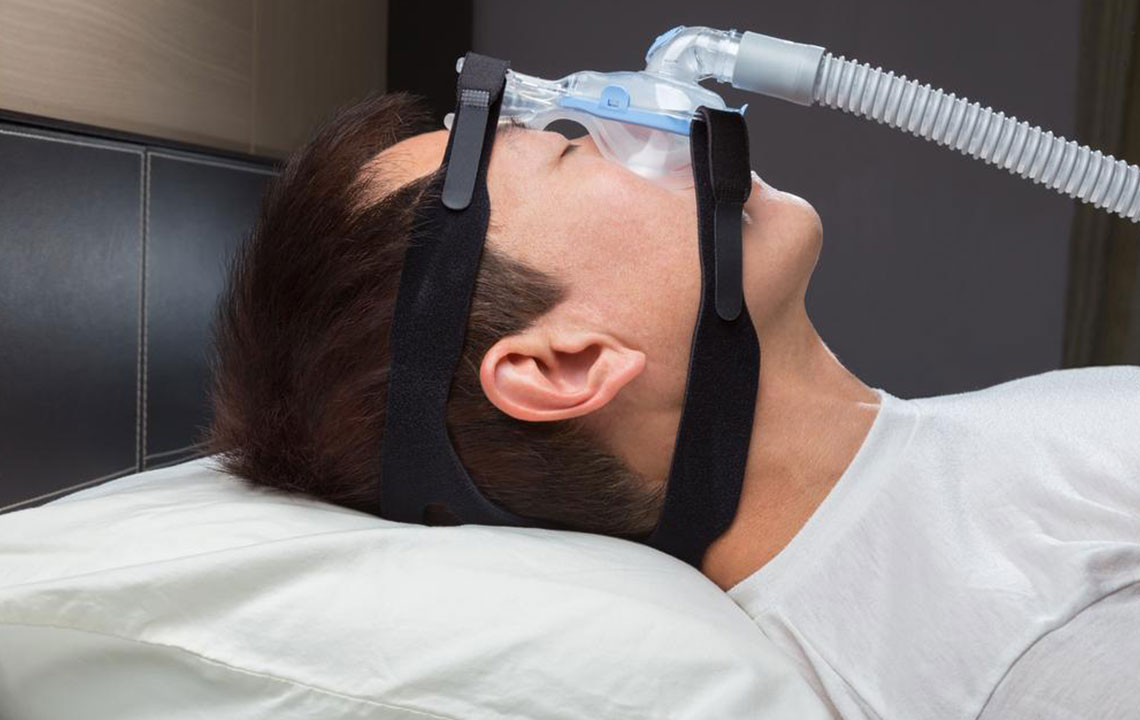Effective Strategies for Managing Sleep Apnea
This article explores effective natural and lifestyle changes for managing sleep apnea, including sleep position adjustments, yoga, weight management, oral devices, and lifestyle modifications like quitting smoking and limiting alcohol. Proper diagnosis and professional guidance are emphasized for better health outcomes.
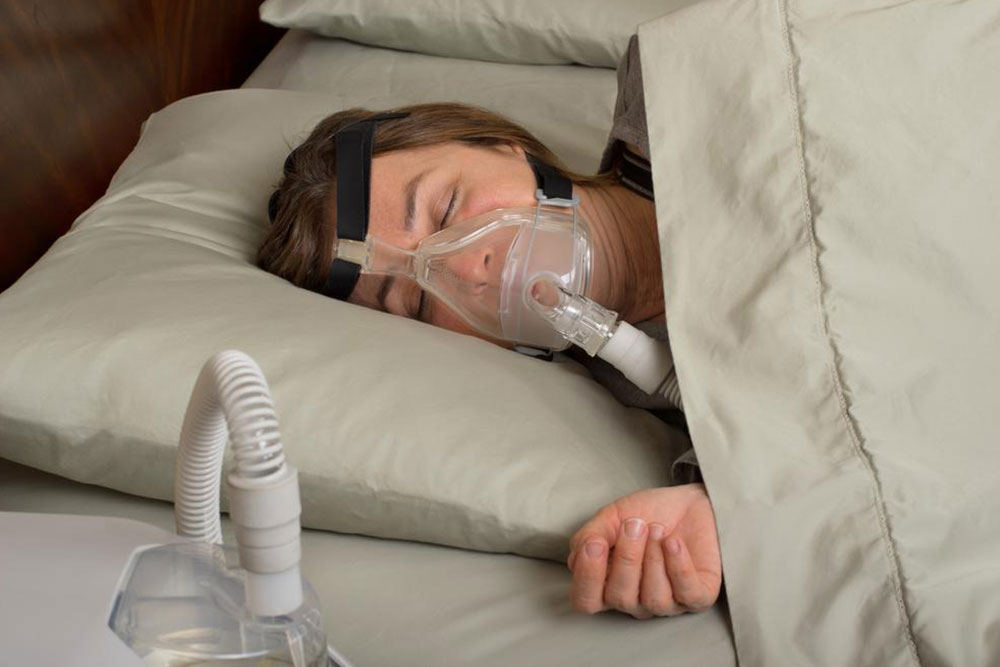
Effective Strategies for Managing Sleep Apnea
Sleep apnea is a prevalent yet serious sleep disorder characterized by repeated episodes of airway blockage during sleep. During these episodes, airflow to the lungs is reduced or stops for at least ten seconds, causing breathing pauses. Both adults and children can be affected. Multiple treatment options exist to address this condition.
Central sleep apnea occurs when the brain’s signals to breathe are irregular, leading to a lack of airflow despite an unobstructed airway.
Obstructive sleep apnea is caused by relaxed throat tissues collapsing and blocking the airway during sleep.
Fortunately, sleep apnea can be managed effectively. Curious about how to address this condition? Here are some common symptoms to watch for:
Loud snoring with choking or gasping sounds
Difficulty concentrating
Feeling depressed or moody
Persistent fatigue
Unexplained weight gain
Night sweats
Sexual health issues
Low energy levels
Frequent urination at night
Memory problems
Note that these symptoms are not exclusive to sleep apnea. Proper diagnosis by a healthcare professional is essential.
Untreated sleep apnea increases risks of serious health problems such as stroke, hypertension, diabetes, headaches, heart irregularities, and mental health issues like depression. It can also impair daily functioning.
Below are some natural treatment options to help manage the disorder:
Adjusting Sleeping PositionsResearch indicates that changing sleep posture can significantly reduce symptoms. Sleeping on the back, or supine position, can worsen airway blockage and snoring. Side sleeping has been shown to alleviate these issues, especially in adults. Conversely, children often sleep better on their backs. Consult a healthcare provider for personalized advice. Practicing Yoga
Regular yoga enhances respiratory strength, improves oxygen flow, and supports better sleep. Specific breathing exercises can be useful for sleep apnea management, strengthening the lungs and assisting in airway control. Maintaining a Healthy Weight
Excess weight increases the likelihood of airway obstruction. Losing weight has been proven to significantly reduce sleep apnea symptoms. Conversely, weight gain can trigger recurrence of symptoms, so sustained healthy weight management is advised. Utilizing Oral Devices
Many patients find oral appliances more comfortable than CPAP masks. Devices that reposition the jaw or keep the tongue forward help keep airways open during sleep. Mouth guards designed for sleep apnea are also effective options. Cessation of Smoking and Alcohol Consumption
Quitting smoking reduces airway inflammation, while limiting alcohol prevents throat muscle relaxation, both of which can worsen sleep disruptions. Lifestyle adjustments in these areas are vital for managing sleep apnea effectively.
If you experience symptoms, seek medical consultation for accurate diagnosis and tailored treatment guidance. Proper management can greatly improve sleep quality and overall health.

